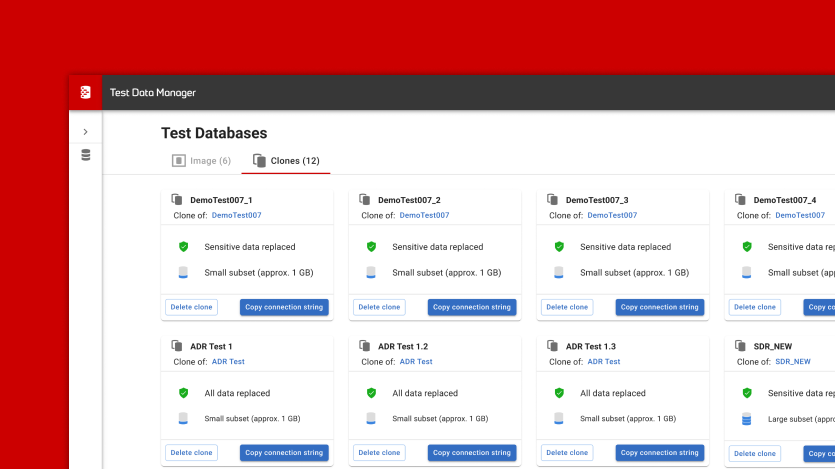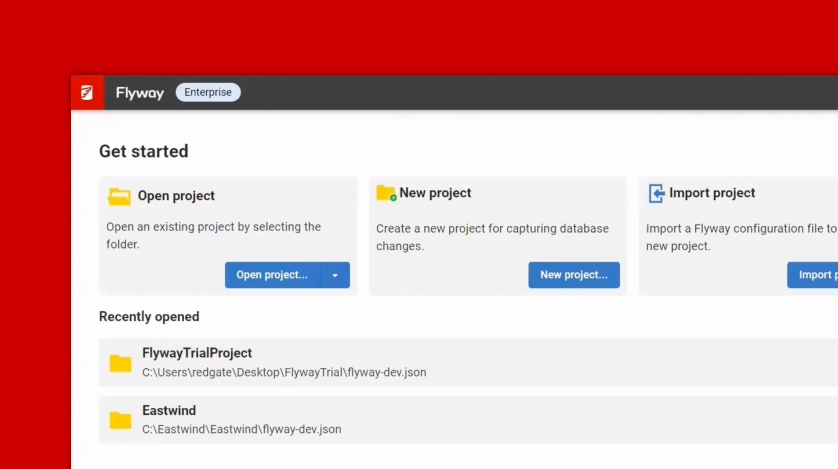How can we close the tech skills gap?
One of the most profound challenges faced by technology companies today is talent. According to the latest Harvey Nash survey, 65% of CIOs believe that a shortage of tech skills is affecting their ability to respond to change.
The study quizzed 3,958 leaders globally and explored the causes of the tech skills gap – particularly Britain’s withdrawal from the EU and US immigration changes. It found that 42% of European CIOs are unsure how Brexit will affect their hiring plans, and in the US, nearly half of IT leaders think stricter rules for the H-1B visa will derail their plans to attract foreign talent.
When it comes to the skills in demand, popular roles include big data and analytics specialists (46%), technical architects (35%), enterprise architects (35%), and security experts (35%).
A growing challenge
Steve Thair, Co-Founder and CPO of DevOpsGroup, says the issue stems back to when the technology industry moved many jobs abroad and shifted to outsourcing as a means to deliver IT services.
“Because of this, there’s been a lack of entry-level jobs over the past few years, and people are struggling to launch their careers in technology. Businesses just haven’t been focusing on supporting the next generation of talent,” he says.
A lack of professionals from different backgrounds is another contributing factor to the growing skills gap. Thair believes that companies are effectively ignoring half of the workforce.
He explains: “According to Tech Nation, diversity is a key challenge for digital tech businesses, and women working in IT are outnumbered 4:1. As an industry, we must do more to break age-old industry stereotypes, promote technology as a viable career option, and highlight the different opportunities available in the sector.
“There is a huge range of jobs now available other than just developers – product management, digital design, test automation, delivery management, data science, and AI just to name a few. We need to promote the diversity of roles to attract the diversity of people.”
Modernizing education
To eradicate the tech skills gap and ensure organizations can hire the right people, Thair says the learning paradigm must change.
“When you look at the rise of sites like Pluralsight, Udemy, Kahn Academy, and the Lynda platform, there’s a huge amount of online learning resources focused on technology, and it’s there because what’s being taught in the education system isn’t relevant to modern software development,” he says.
“With the rate at which technology methods and frameworks are evolving, the current education model simply doesn’t work. Everyone should be in a continuous learning cycle and be constantly evolving their skillsets to remain relevant.”
Ryan Cullen, People Success Lead, says there are many innovative companies pushing the boundaries of technology and making it a growth area for the UK economy. But echoing similar thoughts to Thair, he says the education system just hasn’t caught up.
“Organizations are struggling to hire people who have the right skills and experience to push their organizations forward in today’s interconnected world. The industry should have identified these challenges earlier and demonstrated the value to those starting their educational journeys that a career in technology is something exciting and worth exploring. However, we’re now in a situation where there’s a clear talent and skills shortage.”
Brexit will only add to this skills crisis, especially when it comes to talent attraction.
Cullen adds: “A lot of talented people are worrying about their status after Brexit and may move to another European country, creating a brain drain in the UK. At the same time, Brexit is likely to deter skilled professionals from coming here.”
He adds: “At DevOpsGroup, we’re doing a number of exciting things to eradicate the tech skills gap. For example, through our Academy, we’re working with a range of universities to train the next generation of IT talent. We’ve also teamed up with the charity pioneering gender equality, Chwarae Teg, to improve gender diversity in the industry, and our workforce modernization plan should help re-equip those with skills that may have become dated.”
It’s clear that the technology skills gap is a real issue for organizations globally, and this isn’t something that can be solved overnight. However, bridging the gap between education and business is a crucial starting point. This will ensure the IT pros of tomorrow are equipped with the practical skills and experience to hit the ground running.
Learn more about how we’re trying to close the tech skills gap via the DevOpsGroup Academy.
 With offices in Cardiff and London, DevOpsGroup deliver IT transformation at the speed of disruption, by building DevOps capabilities within its clients, enabling businesses to continually meet the relentlessly increasing demands of delivering great digital customer experiences. To find out more, visit DevOpsGroup.com.
With offices in Cardiff and London, DevOpsGroup deliver IT transformation at the speed of disruption, by building DevOps capabilities within its clients, enabling businesses to continually meet the relentlessly increasing demands of delivering great digital customer experiences. To find out more, visit DevOpsGroup.com.






